Koç University archaeologists from Turkey uncovered an Imperial Hittite archive during excavations at Kayalıpınar. The findings belong to Ḫattušili III, a Hittite emperor who ruled during the 13th century BCE and was known for his treaty with the Egyptian Pharaoh Ramesses II.
Koç University archaeologists from Turkey uncovered an imperial Hittite archive during excavations at Kayalıpınar, a multi-period site with evidence of early occupation from the 5th millennium BCE.
Kayalıpınar area was a significant station (wabartum) for ancient Assyrian traders during the early Kārum period. The area eventually developed into a trading colony. In the Early Bronze Age, the colony redeveloped into a city called Šamuḫa, becoming a significant settlement and serving as a base of field operations, as well as a religious site dedicated to the Hurrian Goddess of the Night.
An Imperial Archive of the Hittites
Kayalıpınar has been excavated since 2004 by a team of archaeologists, uncovering significant evidence of daily life in the ancient settlement.
Recent excavations by Koç University have uncovered clay-stamped seals belonging to Ḫattušili III, a Hittite emperor ruled during the 13th century BCE.
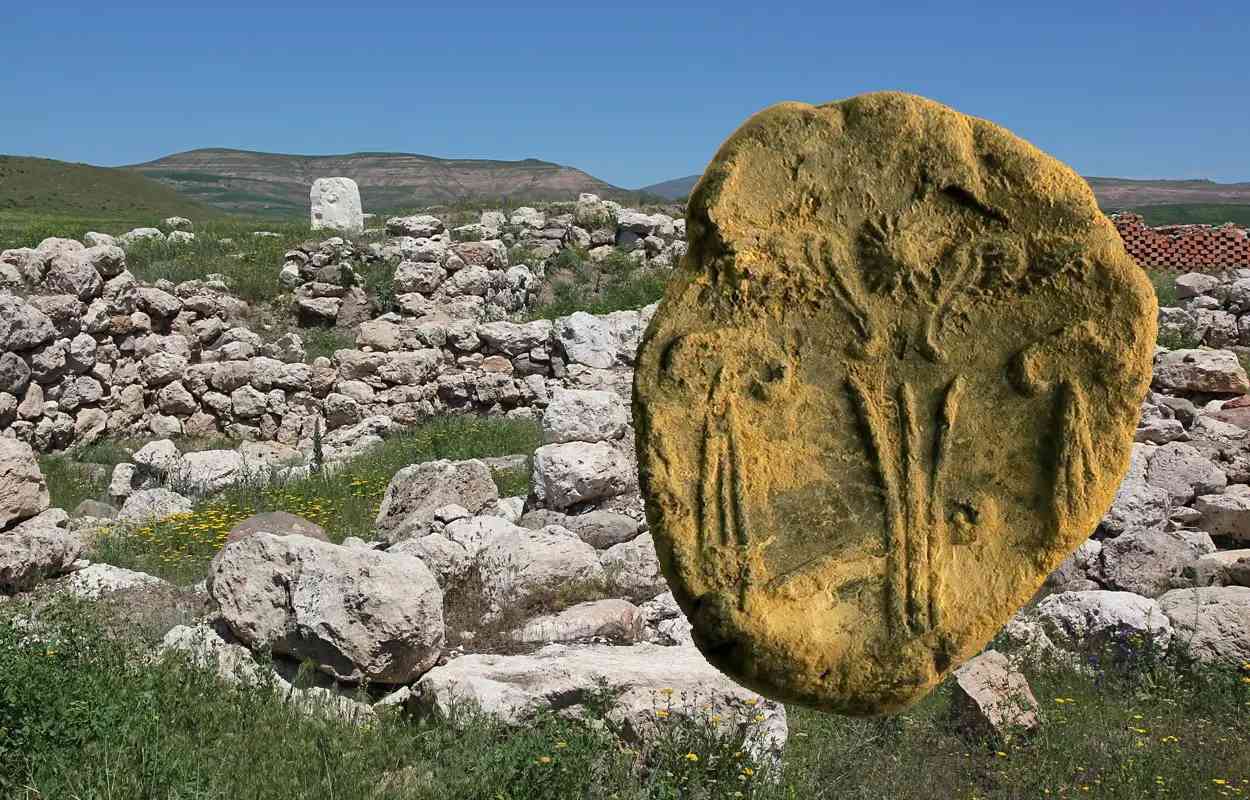
Emperor Ḫattušili III is known for his treaty with the Egyptian Pharaoh Ramesses II, known as the Eternal Treaty or Silver Treaty, ending a centuries-lasting war between the Hittite Empire and the Egyptians to rule the lands of the eastern Mediterranean.
Also, excavations have found seals belonging to the wife of Ḫattušili III, Puduhepa, his children and other Royal family members. Plus, fragments of tablets with cuneiform inscriptions of festivals, fortune-telling texts and numerous religious scripts have also been uncovered
.According to the researchers, the building where the seals were found could only be described as an Imperial archive of the Hittites.
AA and Arkeolojikhaber



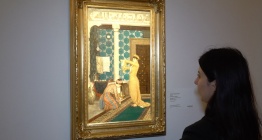
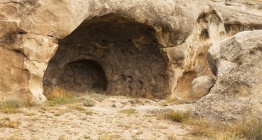

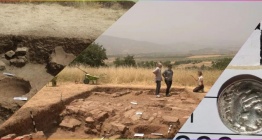
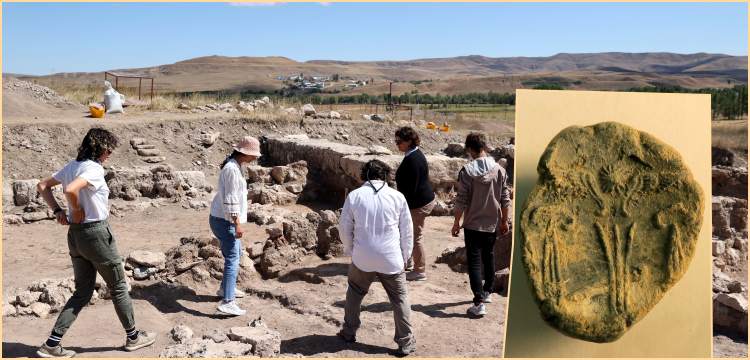
 Tarihçi Dr. Dzavid Haveric, Avustralya adına savaşan Müslüman Anzaklar'ı kitaplaştırdı
Tarihçi Dr. Dzavid Haveric, Avustralya adına savaşan Müslüman Anzaklar'ı kitaplaştırdı  Sivas'ta 2 tarihi eser kaçakçısı 25 sikke ve 2 dedektör ile yakalandı
Sivas'ta 2 tarihi eser kaçakçısı 25 sikke ve 2 dedektör ile yakalandı 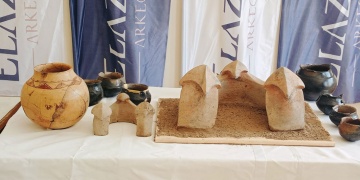 Elazığ'daki arkeolojik kazılarda bulunan iki kutsal ocak restore edildi
Elazığ'daki arkeolojik kazılarda bulunan iki kutsal ocak restore edildi 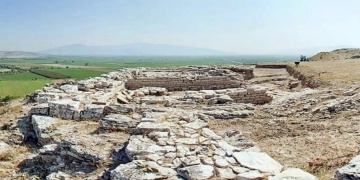 Bergama'daki Porsuktepe Nekropolü 1. Derece Arkeolojik Sit Akanı ilan edildi
Bergama'daki Porsuktepe Nekropolü 1. Derece Arkeolojik Sit Akanı ilan edildi 




